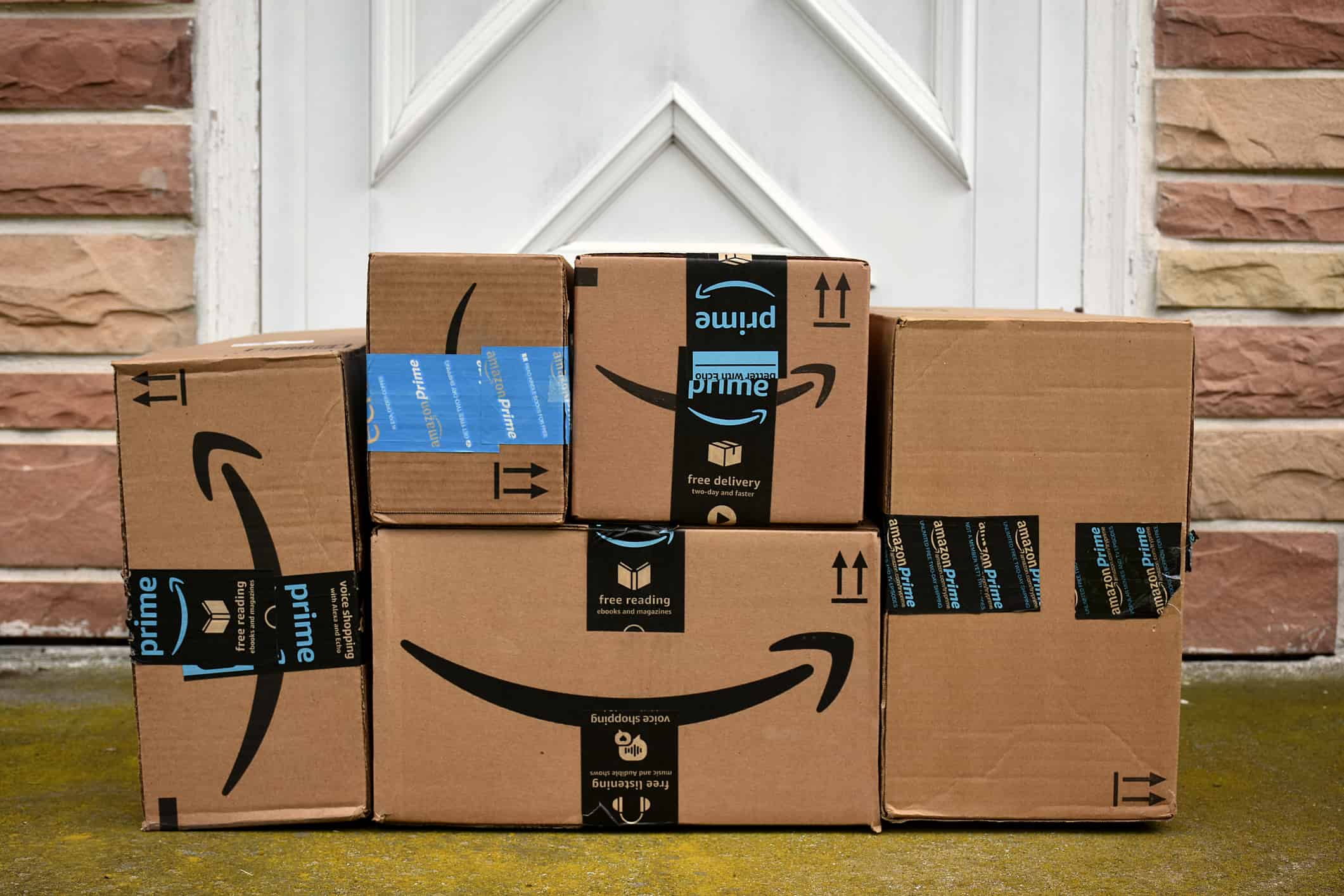GUEST EDITORIAL: DON’T BLAME AMAZON


When my non-industry friends talk to me about retail, they always ask “So who can compete with Amazon?” I don’t think it’s all that simple. Certainly, Amazon is a huge disrupter and in fact the largest retailer of apparel in the country. Still, I think to conventional stores, Amazon is both the canary in the coal mine and a convenient excuse: at the same time Amazon made its big moves, department stores exhibited just terrible execution, virtually handing over the business.
Department store merchandise was poor. In many cases, the merchants themselves disappeared. Their defense against a changing industry was to play it safe and avoid risk, which translated to the consumer as just plain boring. Without any excitement, consumers opted for convenience. Amazon’s growth highlighted long-simmering problems in our industry. We have far too many stores. We have far too many shopping centers. As same store sales declined, stores responded by doubling down on the very basics that Amazon pushed. Bottom line: business has been bad because retailers have been bad. Pretty simple.
So now, with some of these problems being addressed, business is improving for some, but not all. To oversimplify: the more successful stores have become better merchants and the consumer is responding. I’ve always thought that if a company goes away and nobody cares, then the company should not have existed. We’ve lost numerous major stores and we’re on deathwatch for others yet the consumer hasn’t blinked.
Those stores whose strategy was to capitalize on the failure of others are finding that idea not working. With so many alternative ways for consumers to spend money, a missing apparel store does not automatically mean more business for other apparel stores. Those who address this changing dynamic with more promotions are failing. Yet we laud attempts to gain more from our clearance, rather than ways to limit the clearance.
I believe Macy’s is now a poster child for smart moves by an imperiled store. Closing profitable but not long-term strategic locations. Doubling down on the omni-channel concept. Expanding buy-online, pickup in-store. Buying small start-ups and testing those concepts in the stores. Expanding exclusive merchandise. Cutting bureaucracy. Hiring digital marketing executives.
Others too are thinking strategically. Kohl’s is actually partnering with Amazon in a limited way and testing totally different products in their outsized formats. Wal-Mart is on a buying spree of smaller companies to test new concepts. (Who would have imagined that Wal-Mart would buy a company that sells $120 khakis?) Both Abercrombie and American Eagle are back to growing with almost 30 percent of their business transacted online while Marmaxx, Ross and Burlington are doing well with virtually no internet presence.
Maybe Amazon’s canary should not be viewed as a death knell but instead an opportunity to change the way we do business and let fresh air into our world. Thank you, Amazon!
—
Fred Rosenfeld is an industry consultant. He can be reached at frosenfeld@comcast.net.


